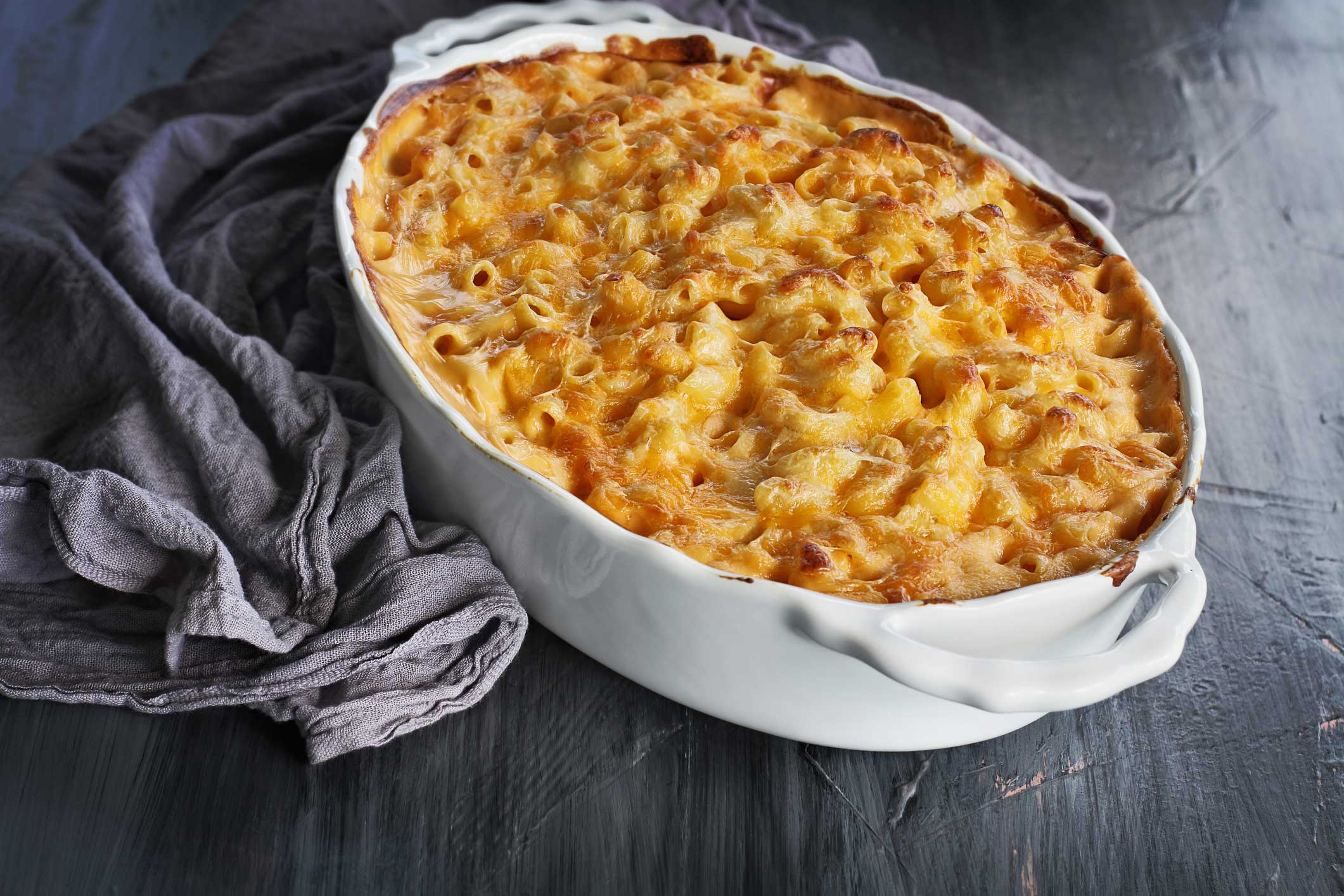
Can what we eat affect more than our waistline?
Many times, during our visit to a doctor’s office, we’re told how to eat to keep us physically healthy. For example, a DASH (Dietary Approach to Stop Hypertension) diet may help lower blood pressure while a low-glycemic diet can help with blood-sugar control with people who have prediabetes or Type 2 diabetes.
But what about our mood? Can what we eat actually make us happier or sadder?
This has become a great area of interest in the medical community among our colleagues in psychiatry.
We all know from our day-to-day experiences that we gravitate toward certain foods when we are happy, stressed or feeling low. Most often, those foods tend to make us feel happy, whether it’s a piece of chocolate, a slice of cake or even a delicious, colorful fruit bowl for healthier eaters. Why? Science tells us we are innately pleasure-seekers. Studies have shown that certain foods — such as sugar, salt, and fat — are potent natural reward-drivers. This reaction occurs because they trigger the release of key “pleasure” hormones, such as dopamine.
But can what we eat make us feel depressed? Some studies say YES. One study at Penn State revealed how food and mood played out across several days. Findings revealed that increased consumption of sodium and saturated fat resulted in negative moods two days later. Another study pointed out that women who ate diets filled with processed foods, refined grains and sugary products were more likely to show depressive symptoms over time than those who ate a diet rich in vegetables, lean proteins and red wine.
So what is the Happiness Diet, because we all want to be happy? Unfortunately, there is no diet for individual happiness. Along with regular exercise, consistently eating well is critical. Foods rich in vitamins B6 and B12, which aid in building serotonin (the happy hormone), and magnesium to curb cortisol levels when stressed can be helpful.
Sources of Vitamin B6: Pistachios, garlic, salmon, tuna, chicken, spinach, cabbage, bananas, sweet potatoes, avocados and whole grains.
Sources of Vitamin B12: Beef liver, sardines, Atlantic mackerel, wild-caught salmon, eggs, feta cheese, cottage cheese and grass-fed beef.
Sources of Magnesium: Whole wheat, spinach, quinoa, almonds, cashews, black beans and edamame.
So if you are having a rough day, try eschewing the brownie for a handful of nuts — it might make you feel better in the long run.
Dr. Devika Umashanker is an Obesity Medicine Specialist at Hartford Healthcare Medical Group.


